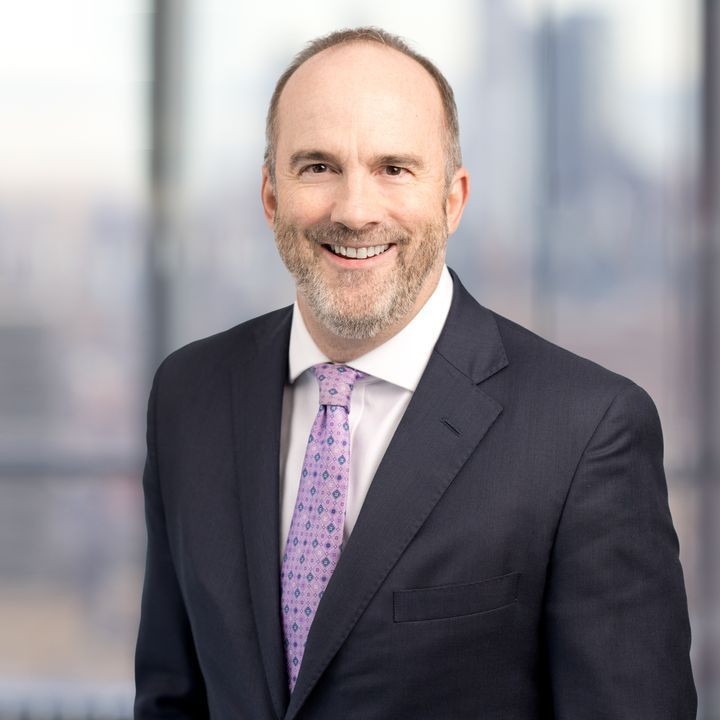The 30th Annual National Institute on White Collar Crime
Event | 03.02.16 - 03.04.16, 12:00 AM UTC - 12:00 AM UTC
Address
Marriott Marquis San Diego Marina
333 W Harbor Dr San Diego, CA
The 2016 White Collar Crime National Institute will take place from Wednesday, March 2 to Friday, March 4, 2016, in San Diego, California. They have organized a special program to celebrate the thirtieth anniversary of the Institute. Thursday morning will be dedicated to an in-depth analysis of the evolution of the white collar crime practice over the past three decades and a consideration of the changes they can expect in the years to come. The discussion will start with United States District Judge Paul L. Friedman who will reflect on the changes that have impacted the judiciary. He will be followed by a star-studded panel of luminaries who have played a significant role in the development and expansion of the practice and the law, including Robert Bennett, Robert Fiske, John Keker, Gary Naftalis, Karen Seymour, Larry Thompson, Dan Webb, and the Honorable Leslie R. Caldwell. They will also have an additional plenary session on March 2, led by Sixth Circuit Judge Bernice B. Donald who will explore the impact of implicit bias in the courtroom and whether we can get to a post racial society.
Trial Chair Janet Levine is on the Planning Committee. Ms. Levine is moderating a panel on the topic: "Collateral Consequence: The Ever Expanding Intended and Unintended Impact of a Conviction." Kelly Currie is also speaking on the same topic.
For more information, please visit these areas: White Collar and Regulatory Enforcement, Litigation and Trial
Participants
Insights
Event | 04.23.26
Please join us for an intensive investigations-focused program following our annual Ounce of Prevention Seminar for Government Contractors.
Event | 04.22.26 - 04.23.26
Event | 03.30.26
Event | 03.05.26
Passport to Well-Being: How to Use Well-Being as Your Superpower


